A continually changing healthcare ecosystem presents communicators in the field with many challenges, Ketchum managing director of health services Jen Fuhrman-Kestler tells Doug Simon.
"We've got an aging population, we've got growing mistrust and distrust, and we have rising healthcare costs," Fuhrman-Kestler says. Because of that, "finding ways to increase trust, to engage different generations, to meet people where they are, not just from a channel targeting perspective, but certainly from a messaging perspective, is going to be hugely important for communicators."
"I think the words matter so much. And thinking about personalization not just from a channel strategy, but from a messaging perspective. Finding words, testing words, making sure we're using the language that's going to resonate not just from an awareness perspective, but from a behavioral change perspective."
Fuhrman-Kestler discusses several strategies that communicators can employ to deal with a healthcare system that is under pressure. "The first is really listening, and it's about empathy, understanding any one of our audiences’ mindsets where they're coming from, not speaking to groups as monoliths."
In a world in which health information is coming from so many sources, she also cites the importance of consistency. "As a brand, you should always be the same, the same brand. You need to stand for the same core principles." But, from a messaging perspective, that consistency needs to be tempered with "understanding the unique needs, the opportunities with different audiences and customizing what they need to hear from you at that moment."
Over the rest of 2024, she says "data will continue to be the backbone of everything that we do." But when collecting that data, Fuhrman-Kestler says that "we need to start first from a place of what do we want to learn? Having an overwhelming amount of data isn't going to help anyone make any decisions or prioritize effectively. But what is it that we think we want to do, that we want to prove or improve?"
She also predicts that "this growing level of skepticism, criticism, mistrust, misinformation," will stick around for the rest of the year. One constant, however: "People have a relationship with their healthcare providers, and that's not going to change."
When it comes to the information that patients find themselves and bring into that relationship, Fuhrman-Kestler says that a major responsibility of communicators is "getting them the best, most accurate and helpful information to inform those critical conversations. "
Also, despite the importance of technology and data, Fuhrman-Kestler says that the human element remains central to the healthcare communications process. "Thinking first, as a human, speaking to other humans, how do we bring that level of empathetic understanding into what we do?"
View all of the interviews in the “PR's Top Pros Talk” series. Subscribe to get notified when new episodes are available.
Interested in taking part? Contact Doug Simon at [email protected]
D S Simon Media helps clients get their stories on television through satellite media tours and by producing and distributing content to the media. The company also produces live social media events.


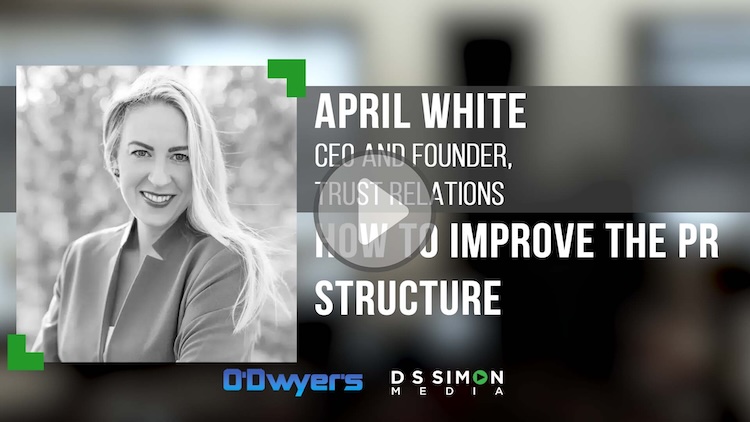
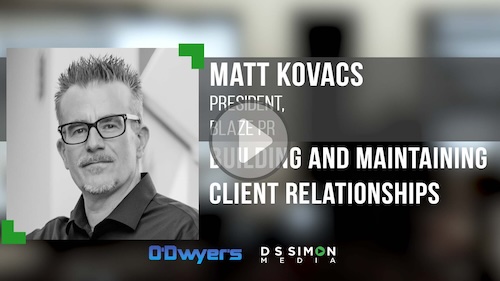
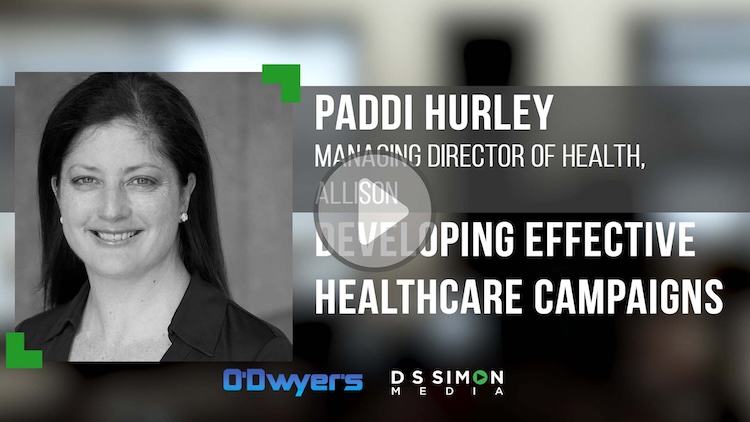
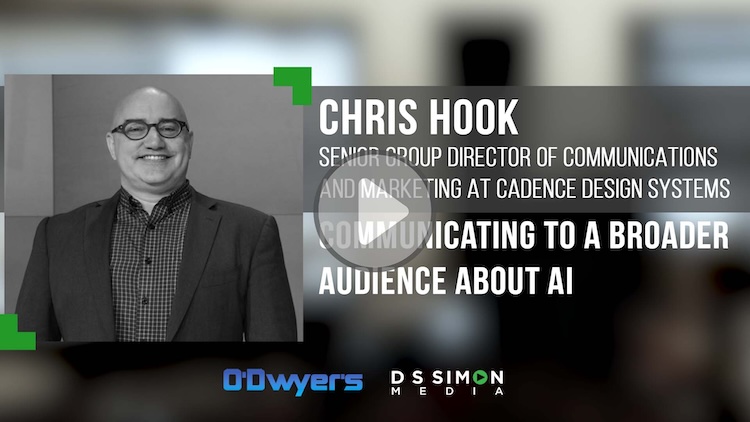
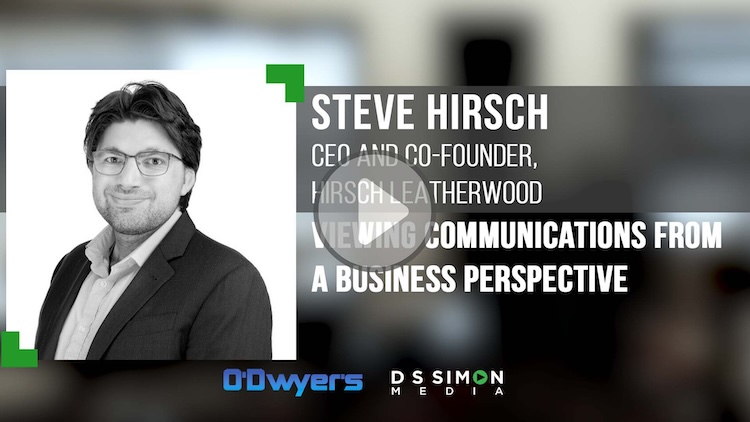



 Have a comment? Send it to
Have a comment? Send it to 
No comments have been submitted for this story yet.